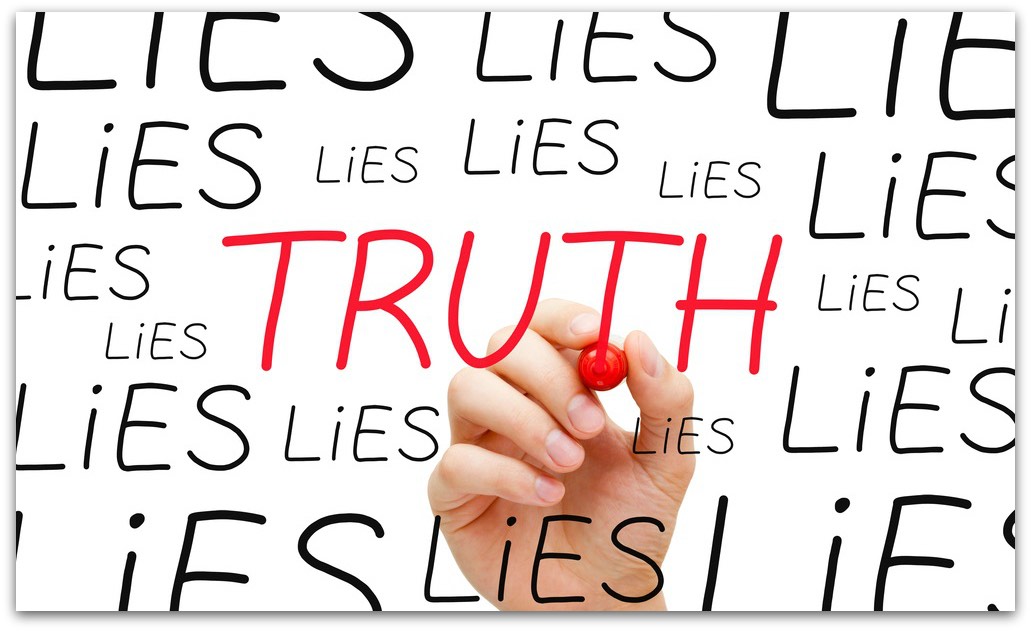
The news media does a good job of covering breaking news, especially if there’s any hint of wrongdoing or scandal. But, they’re not so good at following up after the fact. So, for people wrongfully accused, it can be a long, tough road. The initial reporting focused on the charges, but when the charges are dropped or a court declares some innocent, it rarely gets reported.
In today’s digital world, the accusations stay online forever. So even years or decades later, searching for someone’s name brings up bad stuff — even when it’s a lie — often with no rebuttal or resolution.
When there are charges of abuse of power or sexual abuse, it can make headlines. When it happens in a school setting, look out.
Laura Kipnis is the author of Unwanted Advances: Sexual Paranoia Comes to Campus and faced significant backlash when she explored the climate at universities when it comes to instructor-student relationships. She had previously written about Peter Ludlow, a Northwestern philosophy professor who had been accused twice of sexual misconduct with students.
Two independent investigators were engaged by the University to look into the charge during what Kipnis termed a “Title IX witch trial.”
“Neither found Ludlow culpable of sexual assault,” Kipnis wrote. Still, Ludlow was forced to resign.
“I saw his case as a lens through which the excesses and hypocrisies of the current campus hysteria came into focus,” said Kipnis. When Kipnis dared to question whether the accusations were true, she was hit with a Title IX complaint herself claiming she was creating a hostile environment on campus.
Max Gulias, a professor at Truman college, was charged with sexual assault by a former girlfriend. Gulias spent four days in jail when arrested and lost his job. He turned himself in to answer the charges against him, but had to wait two and a half years to get in front of a jury.
When his case went to court, a jury quickly found him not guilty. He testified under oath in a one-day trial and the verdict came in after only an hour of deliberation. Not only was Gulias acquitted, but the accuser was impeached for perjury due to contradictory testimony. In fact, the accuser had earlier made a similar allegation against another man, but later admitted she may have hallucinated it.
His story made headlines the day after he was taken into custody, but no reporting was ever done on the outcome. Online searches today will lead to multiple stories about the charges, but no results about the acquittal. His record has since been expunged, but the stigma remains.
He’s not alone.
Brian Banks served five years in prison before his accuser, Wanetta Gibson, admitted she fabricated the story. Banks was a star athlete and was offered a scholarship to play football at USC, but never got the chance. After his release, he did sign a contract with the Atlanta Falcons but was released before ever playing in the NFL.
For men falsely accused, there’s often little recourse. False accusations, hoaxes, and weak cases brought before the case also weaken the rights of future victims to these terrible crimes.
Studies into False Allegations
A paper published in the Department of Justice, Office of Justice Programs by Eugene Kanin took a nearly 10-year look at claims of rape and sexual abuse in a Midwestern town. 41% of the disposed rape cases were officially declared false. “These false charges were able to serve three major functions for the complainants: providing an alibi, a means of gaining revenge, and a platform for seeking attention/sympathy,” Kanin said.
While Kanin’s study may be an outlier, The National Sexual Violence Resource Center, says it finds evidence of false reporting to be somewhere between 2% and 10%. One multi-site analysis of more than 2,000 cases involving sexual assault claims reported 7% — 146 cases — were false. An analysis of ten years’ worth of cases reported to a University police department in the Northeast showed that 6% of the cases involved false allegations.
None of this diminishes the seriousness or frequency of sexual assault. Non-profit RAINN (Rape, Abuse & Incest National Network) says 13% of all students have experienced rape or sexual assault, and just 20% of female students report incidents to law enforcement. This represents a huge number of women that are victims.
Even if the number of men accused falsely is exceptionally low, however, it’s a stigma that most will never overcome regardless of the circumstances or outcomes.
Advertising disclosure: We may receive compensation for some of the links in our stories. Thank you for supporting LA Weekly and our advertisers.
